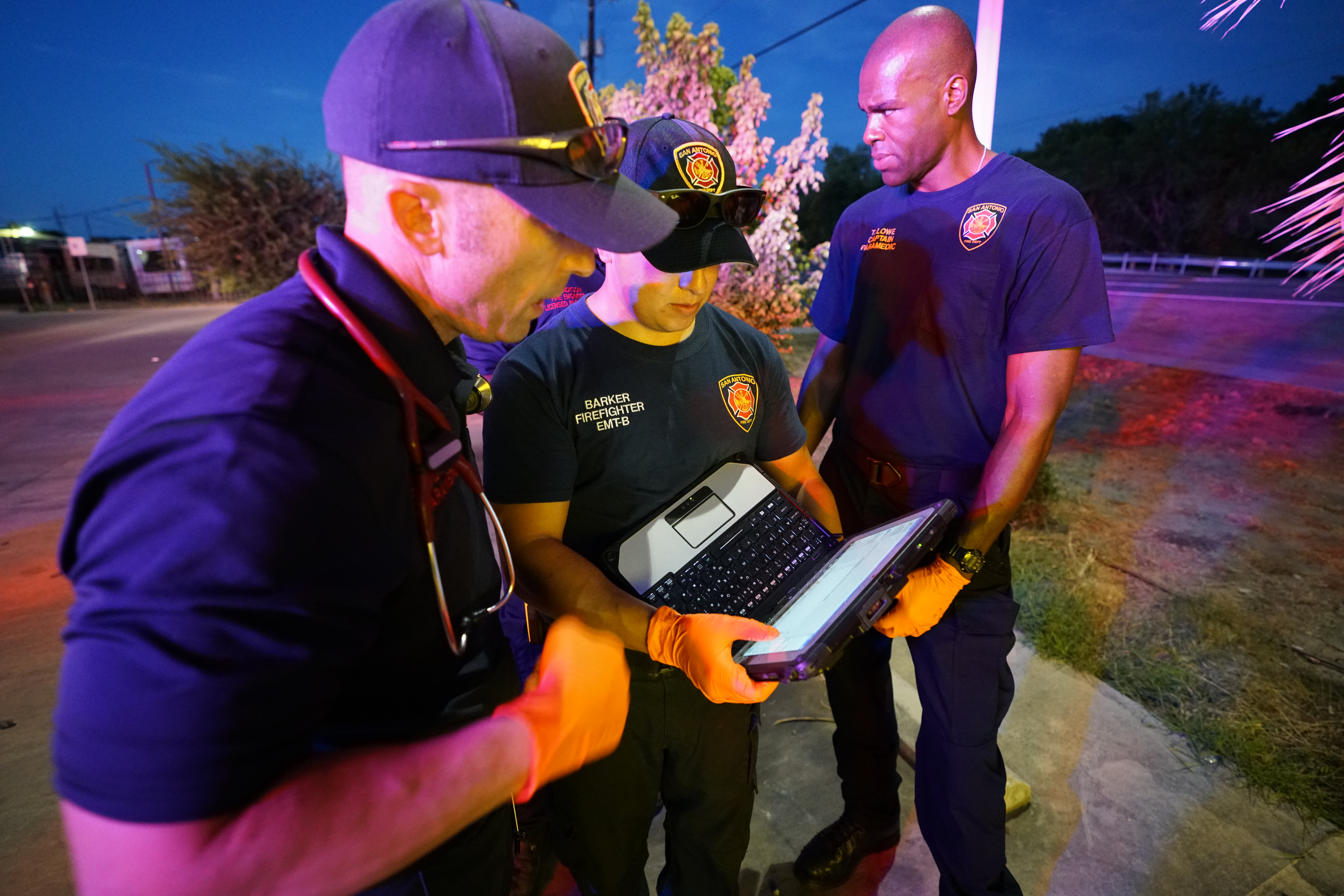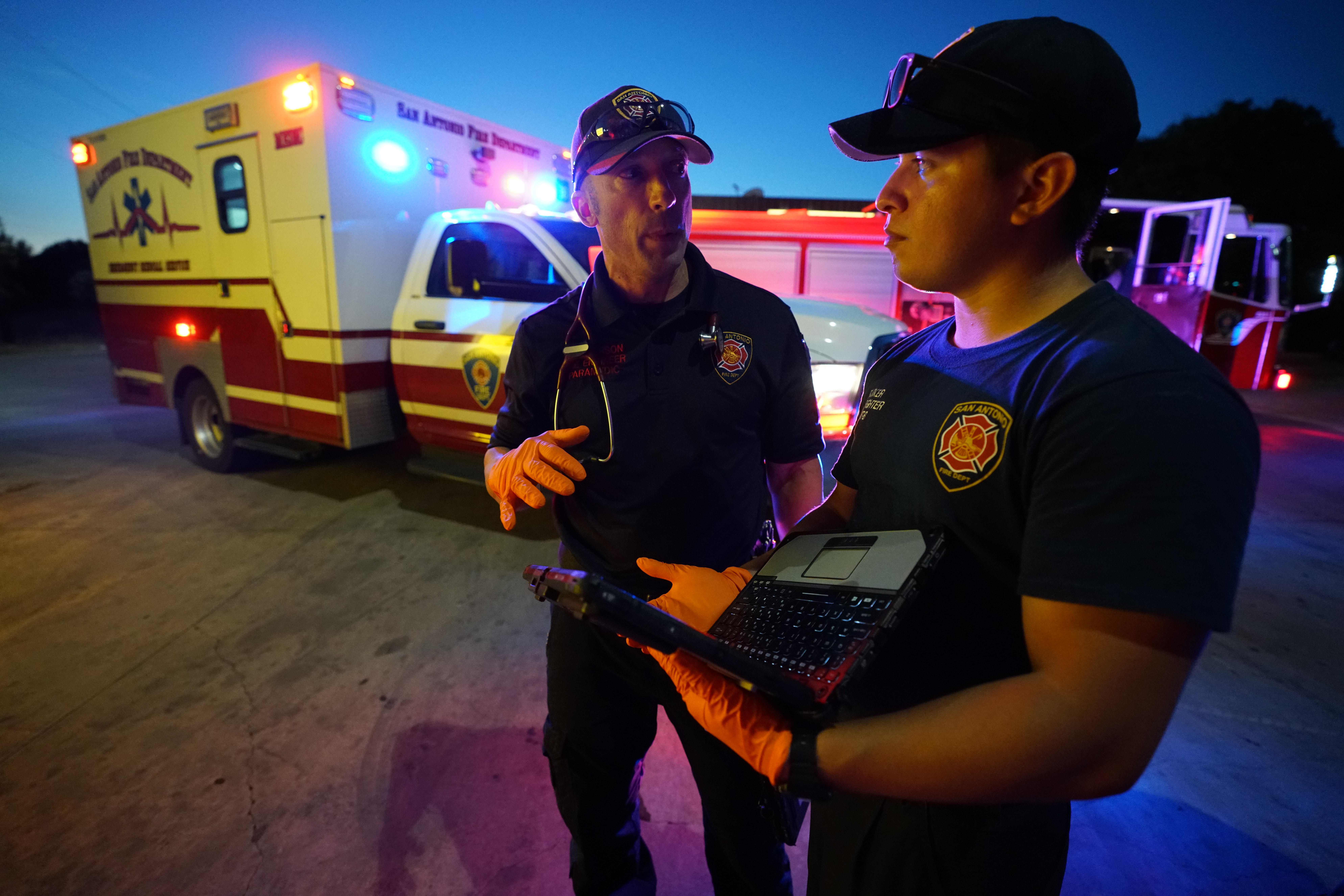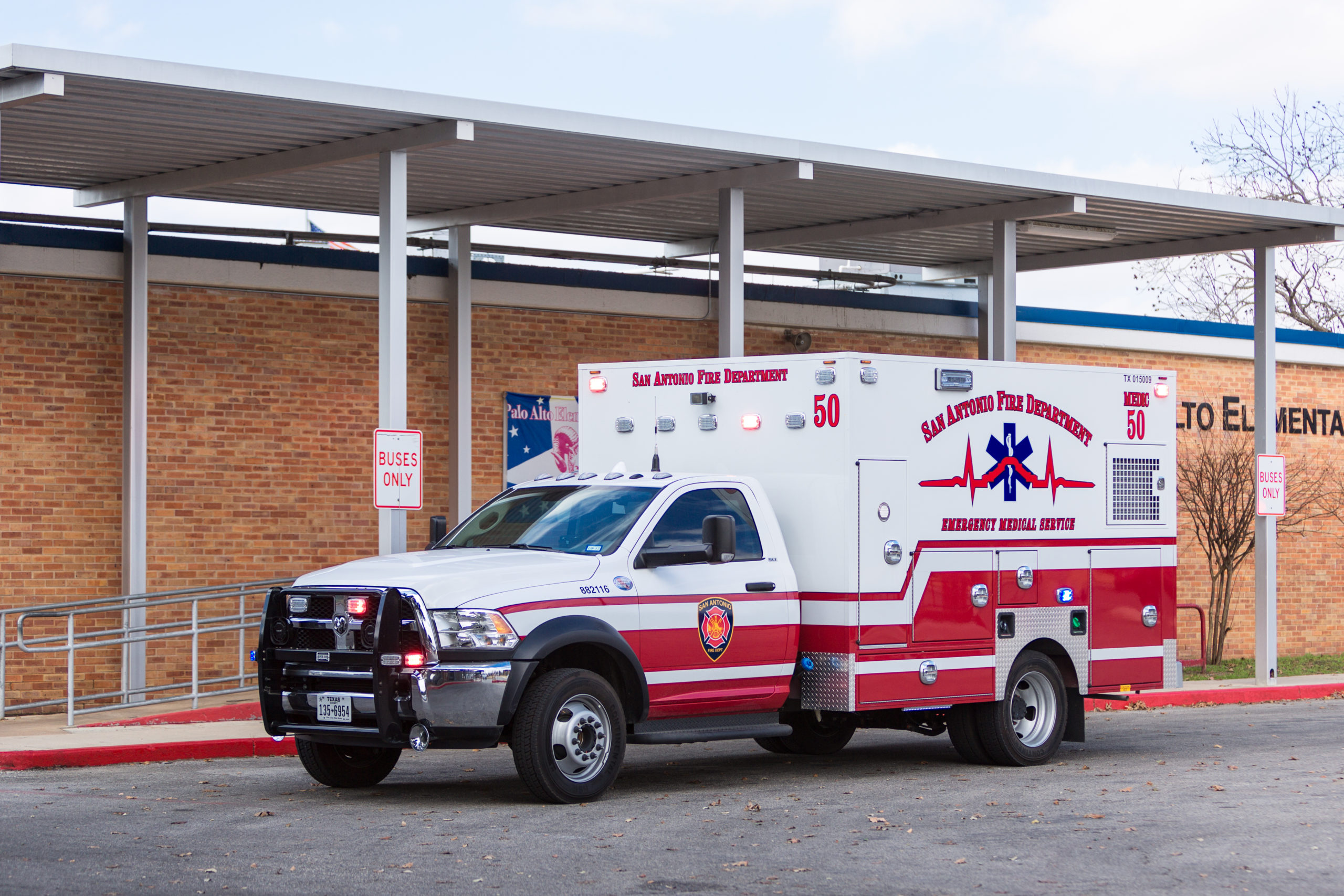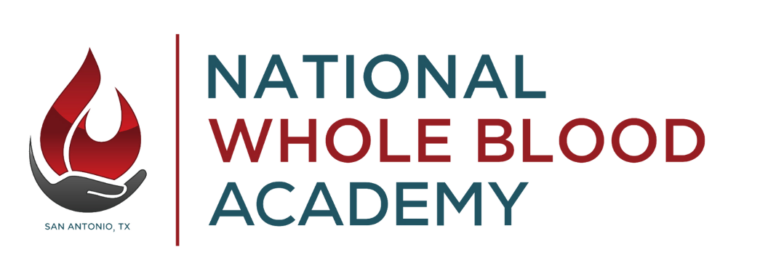Education
Regional Education Committee




The STRAC Regional Education Committee meets to provide an open, consensus-driven, environment in the development of educational opportunities. We facilitate efficient and appropriate pre-hospital and hospital care of patients who are suffering acute time-dependent pathologies. Hospitals and EMS agencies with an interest in the educational offerings provided by STRAC should have a representative at the STRAC Educational Committee meetings.
If you would like more information on STRAC Education, please Contact Us.

You Know Why... Now Learn How
The STRAC Regional Whole Blood Consortium presents a novel model for the development of a Low-Titer O-Positive Whole Blood (LTOWB) program. This program provides participants an example of how to augment remote damage control resuscitation strategies; and how to integrate and collaborate with multi-disciplinary stakeholder teams, within a trauma system, to optimize efficiency, performance, and safety of a LTOWB program.
The National Whole Blood Academy is presented in beautiful San Antonio, Texas. This two-day event encompasses didactic presentations from LTOWB subject matter experts discussing real-world wins, challenges, and obstacles experienced during the development and implementation of this program.
Ideally, anyone and everyone involved in providing pre-hospital whole blood to patients (Paramedics, Department Chiefs, Training Officers, Blood Bankers, Trauma Surgeons) attend together to promote collaboration and system building.
January 7-8, 2026
Common Course Descriptions
Advanced Trauma Life Support
For classes:
Injured patients present a wide range of complex problems. The Advanced Trauma Life Support® (ATLS®) Student Course presents a concise approach to assessing and managing multiply injured patients. The course presents doctors with knowledge and techniques that are comprehensive and easily adapted to fit their needs. The skills described in the manual represent one safe way to perform each technique, and the American College of Surgeons (ACS) recognizes that there are other acceptable approaches. However, the knowledge and skills taught in the course are easily adapted to all venues for the care of patients.
The ACS and its Committee on Trauma (COT) have developed the ATLS program for doctors. This program provides systemic and concise training for the early care of trauma patients. The ATLS program provides participants with a safe, reliable method for immediate management of the injured patient and the basic knowledge necessary to:
Course Content:
- Assess the patient’s condition rapidly and accurately
- Resuscitate and stabilize the patient according to priority
- Determine if the patient’s needs exceed a facility’s capacity
- Arrange appropriately for the patient’s inter-hospital transfer (who, what, when, and how)
- Assure that optimum care is provided and that the level of care does not deteriorate at any point during the evaluation, resuscitation, or transfer process
The Advanced Trauma Care for Nurses (ATCN) Course is taught concurrently with approved Advanced Trauma Life Support® (ATLS®) Courses. Benefits of the ATCN Course include an educational, team building, collaborative, synchronized approach to trauma care as trauma nurses share didactic lectures with the physician attendee of the ATLS® Course. Physicians and nurses caring for trauma patients have the opportunity to share a common language and approach to trauma care. When the ATLS attendees break out for physician skill stations the ATCN nurses join small group trauma nursing skills stations.
These ATCN® skill stations are based on an interactive “hands-on”, scenario-based approach to adult education. The practical testing stations allow the ATCN students to demonstrate the application of ATLS and ATCN information on a moulaged patient. ATCN students are given both the ATLS Student Manual and the ATCN Student Manual.
The ATCN course was developed in response to a need for advanced trauma education for nurses. The ATCN course has been operational for over twenty years and is under the auspices of the Society of Trauma Nurses (STN). STN is a professional, international nursing organization that spans the continuum of trauma care. The STN-ATCN® Program verifies successful completion of the ATCN® Course and provides continuing education credit for completion of a course.
ATCN is currently available in over 20 states across the USA, and is also internationally including Denmark, Saudi Arabia, Italy, Hong Kong, Sweden, Puerto Rico, Spain; all offer both student and faculty courses.
For doctors who infrequently treat trauma, the ATLS course provides an easy-to-remember method for evaluating and treating the victim of a traumatic event. For doctors who treat traumatic disease on a frequent basis, the ATLS course provides a scaffold for evaluation, treatment, education, and quality assurance. In short, ATLS is a measurable, reproducible, and comprehensive system of trauma care.
Advanced Trauma Care for Nurses
For classes:
The Advanced Trauma Care for Nurses (ATCN) is an advanced course designed for the registered nurse interested in increasing his/her knowledge in management of the multiple trauma patient. The ATCN course is taught concurrently with the American College of Surgeons (ACS) Advanced Trauma Life Support (ATLS). During the ATLS skill and testing stations, the nurses are separated from the physician group and directed through ATCN skill stations to include: Initial Assessment and Management, Airway and Ventilatory Management, Pediatric Trauma, Hemorrhagic Shock, Musculoskeletal & Spine Trauma and Head Trauma. The Skills Stations are based on an interactive “hands-on: scenario-based approach” to adult education. The ATCN students will demonstrate the application of ATLS and ATCN principles during the skills stations. The ATCN Student Course has been awarded 17.5 contact hours. Please fill out the registration form under content.
Pre-course Requirements:
- Students must have taken TNCC (Trauma Nurse Course Course) at least once prior to registering for this course.
- There is an online pretest that must be completed prior to the course date.
- Students must have a valid RN License.
Rural Trauma Team Development
The Rural Trauma Team Development Course (RTTDC) emphasizes a team approach to the initial assessment, resuscitation and transfer of the trauma patient in a systemized, concise manner. The didactic portion of the course addresses the following concepts:
- Airway
- Breathing
- Circulation
- Disability
- Exposure and Environment
- Transfer of Definitive Care
- Pediatric Trauma
- Special Considerations (Pregnancy, Burns, Geriatric)
- Performance Improvement
- Patient Safety
- Communications
The course also includes Team Performances Scenarios, in which the teams use patient scenarios to perform a primary assessment. Developed by the Rural Trauma Committee of the American College of Surgeons on Trauma, RTTDC is based on the concept that in most situations, rural facilities can form a trauma team consisting of at least three core members. Target audience includes individuals who are involved in emergency care of the injured patient, including:
- Physicians
- Physician Assistants
- Nurses Practitioners
- Nurses
- Paramedics
- Emergency Medical Technicians
- Administrative Support
-
Stop The Bleed
Learn how to save a life with Stop the Bleed classes. You can request a complete training that includes both Primary and Skill Station instructors or choose to focus on hands-on practice with just Skill Station instructors. We also offer Train the Trainer courses to empower more individuals to teach these life-saving skills. Need equipment? We’ve got you covered with the option to request Stop the Bleed kits. Simply fill out the form below to get started and make a difference in your community.

Committees and Workgroups
Education
Mike Shown, LP
Education Resources
| Title | Categories | Link | hf:doc_categories |
|---|